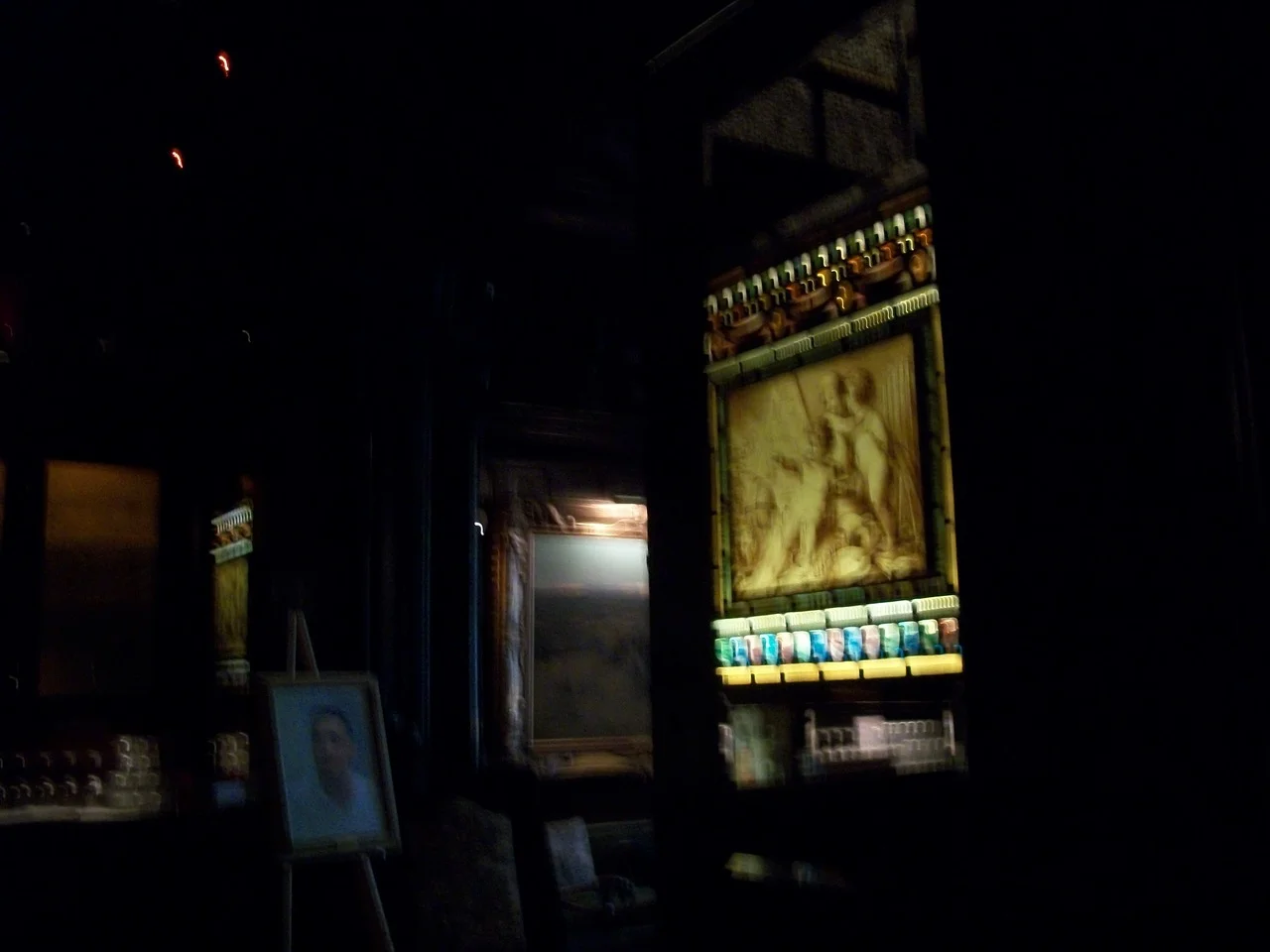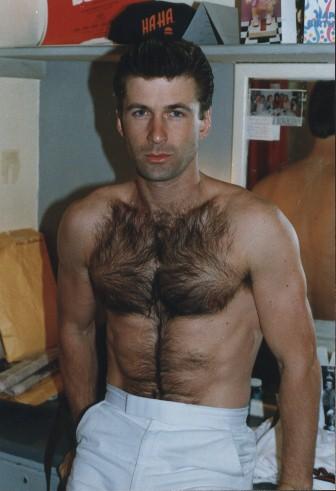Life advice: if your favorite writer is doing a presentation at the New York State Writers Institute in Albany, go! It will be wonderfully un-crowded. You will watch a film, skipping along the way, projected off a DVD. You can get in, and you don’t have to wait in a line that stretches city blocks. This is very dissimilar to any writer events I have gone to in Boston and New York, winding my way through a bookstore just to get a second with an author so they’ll sign my book. (And really, it’s only worth it with David Sedaris. He has turned signing books into an art.)
This is all a long preamble, of course, to say that I went to Albany on November 6th to see Don Delillo (genius, Nobel Prize shortlister, author of two deathless books, White Noise and Underworld) and Russell Banks (author of The Sweet Hereafter and Affliction) talk about Nelson Algren. Of course, we had to get through a screening of The Man with the Golden Arm first, a film that, despite its legendary Saul Bass titles, has not particularly aged well. My boyfriend has tried to slog through Algren’s opus - he describes it as a literary Tom Waits. It makes sense, it gets wearying after 300 pages.
Delillo and Banks were both there to celebrate Algren, who had been a mentor to both of them in their writing careers. Alcohol united the group - and when Delillo and Banks’ party snuck in at the end of the screening, Delillo sitting in front of me, someone, luckily, had spent some time drinking when they could’ve been watching Otto Preminger. I was a little jealous. Delillo was a little bit darker, Banks was jocular.
They both admitted the film wasn’t good: Banks mentioned Algren’s antipathy towards the adaptation, he despised Preminger, and said, “I couldn’t see it out of my own personal context.” Delillo cited the “Hollywood Dope addiction,” figured a version of this with John Cassavetes as an actor or even director, would make him take it more seriously. “Sinatra shook off heroin addiction like someone would shake off a summer cold.” Algren was a “kind of innocent” said Banks, when dealing with Hollywood, and when the film was taken away from him, he was furious and fuming. Delillo had an old letter from the writer, where he was talking about his life, how his talk was so moving, and the first Q&A question: what did you think of the movie?
There is something wonderful about seeing two great authors discuss something, or someone, of some significance in their lives. Neither author was trying to sell a book. They were simply paying tribute to a mentor. It was a fascinating conversation; I felt like I learned more about what makes these guys tick.
Banks and Delillo read from the book’s intro and outro. “The first thing that goes is the voice: irascible, lyrical, compressed, and dense. It never has any of the moral quality. Nelson believed in doom and damnation,” said Banks.
Banks’ meeting with Algren was fated, it seemed: “He seemed to me inescapable, the inheritor to the Hemingway/Faulkner tradition. I saw that he was teaching at the Breadloaf Conference. I had send a novel I had written, a terrible novel called The Plumber.” (At the time, Banks was working as a Plumber in New Hampshire. This was funny.)
“In the end he said, you got it kid, you got it here and there, and you can make a book out of these paragraphs.”
He then continued with the story, as Algren asked Banks to skip out of the conference and to go down to Middlebury for beers. They stayed with a friend for a couple of days. When Algren was fired from the conference, he crashed with Banks in New Hampshire: “We sat around and talked, I had never had a talk like this in my life. He introduced me into this bug world which he was part of and not a part of, cranky outsider and enthusiastic embeddedness. It changed me.”
Delillo had a different story, and it started with him quitting his advertising job and going down to Fire Island to write his book. (Even though, while he was a working stiff, he did see Hemingway on the streets of New York, which was “the closest he had come to being a writer.”)
“Nelson was sitting five feet away from me at the local bar. We talked about Hemingway. This part of Fire Island had no electricity, and he only had an electric typewriter.”
Delillo lent him his typewriter, and their friendship was born. Algren’s blurb is still on the back of Americana. “We used to sit on the beach watching the girls come out of the surf.”
At one point Algren was involved in a telephone scam, telling Delillo: “if you get a call, it’s not from me.” He was using a number that made every call free. Apparently it belonged to Paul Newman, who had given the number out freely because he was mad at the telephone company.
Banks cited Algren’s 5 or 6 books that are “deathless,” wondering why he’s not in the canon these days. In his time he was mentioned alongside Hemingway and Dostoevsky. He used to grouse to Banks about, besides Preminger, Simone DeBeauvoir, who he had been entangled in an affair with. She objectified him “in a way only French intellectuals could do to Americans, as a figure of authenticity and existential courage.”
But, he concluded, we’re not reading him today because “he makes us uncomfortable.”


















